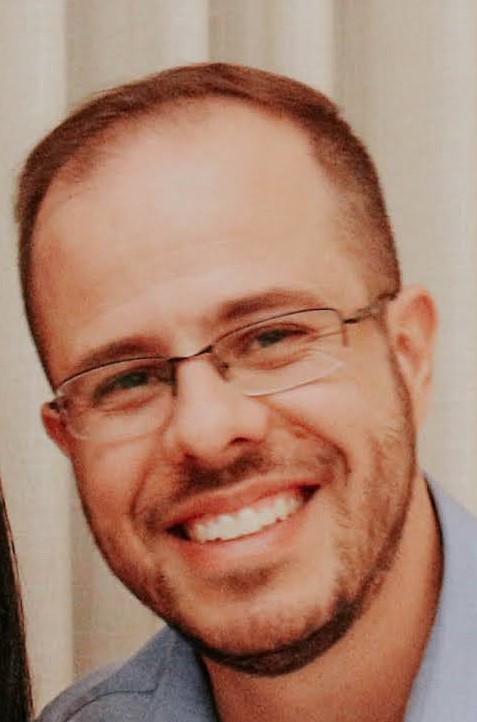Intensive seminar on Qualitative Research: What is accepted in top journals? 28. – 29. 11.
Name: Intensive seminar on Qualitative Research: What is accepted in top journals?
Lecturer: Prof. Jonathan Simões Freitas, Department of Administrative Sciences of the Federal University of Minas Gerais (UFMG), Brazil
Date:
Day 1 – 28.11.2022 13:00-16:15
Day 2 – 29.11.2023 13:00-16:15
(participants may attend only 1st or 2nd day if any conficts in their time schedule)
Room: 139NB
Language: English
For whom: Both junior (PhD students) and senior researchers
Admission: FREE REGISTRATION
Contact person: doc. Ing. Pavel Svačina, Ph.D. (pavel.svacina@vse.cz)
Programme:
Day 1 – Main templates for qualitative research in management and related disciplines
On this first day, we will start with a quick overview of the broad spectrum of qualitative research traditions in the social sciences. Then, we will move to the three of them that constitute the qualitative mainstream in dialogue with the quantitative community. These are the comparativist, the processualist, and the interpretive traditions. Hence, we will see the particular form each of these strands of research took in management and related disciplines. More specifically, we will exemplify and characterize the following consolidated templates: Eisenhardt’s multiple case study; Langley’s process research; and Gioia’s interpretive version of grounded theory. We will end the presentation with a brief introduction to the topics that will be covered on the second day.
Day 2 – Formal methods of qualitative analysis in the social sciences
On this second day, we will start with a brief review of the first day. Then, we will see some of the main methodological developments in the social sciences concerning qualitative analysis. More specifically, we will explore: (1) how Coincidence Analysis (CNA) properly formalizes comparativists’ analytical aspirations; (2) how Event Structure Analysis (ESA) serves as a rigorous way to conduct processualist qualitative research; and (3) how Cognitive Mapping techniques help elicit participants’ mental constructs from the ground up. Therefore, we will be able to appreciate how these formal frameworks take the qualitative templates a step further in terms of their analytical power.
Instructor:
Jonathan Freitas is an assistant professor at the Department of Administrative Sciences of the Federal University of Minas Gerais (UFMG), a top-ranked university in Brazil. He conducted part of his doctorate studies at HEC Montréal. Jonathan teaches research methods and strategic management at both undergraduate and postgraduate levels. His empirical research focuses on issues at the interface between strategy and innovation. He has published in journals such as Technological Forecasting and Social Change, IEEE Transactions on Engineering Management, International Journal of Project Management, and Project Management Journal. He works in collaboration with private organizations and public institutions, such as: Fiat/Stellantis; the Brazilian Ministry of Science, Technology, and Innovation; the United Nations Development Programme; and the Templeton World Charity Foundation. He has managed more than US$ 1.8 million in project grants.
